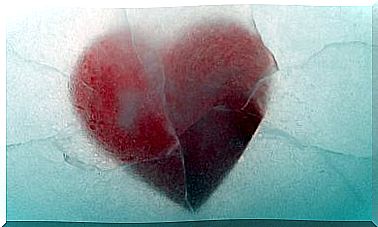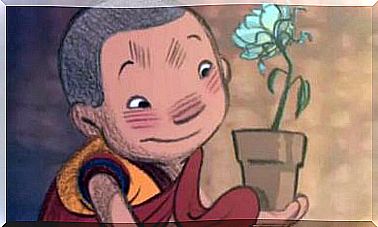Cultivate Patience

The word patience derives directly from a more universal term: peace. In fact, if it breaks down, we could say that it is the “science of peace.” Over time, there has been some alteration of the original meaning of the word.
Many think that patience is that questionable virtue that leads some to endure any adversity, hardly saying anything. But that interpretation is inaccurate. It is a perspective that assumes patience as a passive virtue, when in reality it constitutes an attribute that requires putting many of our emotional resources into action.
While patience involves keeping your cool during bad times or offenses, this does not mean that it is a matter of “sitting still” and “holding on” until you can.
Impulsiveness and patience

Inside each one of us a mammal continues to inhabit, more or less predatory. When character is not cultivated, we tend to be impulsive. We react quickly to attack or defend ourselves, without being clear about what we intend to achieve, or the strategy that we are going to use to achieve it. Sometimes, we cannot even define exactly what the threat is that produces such reactions.
The kind of peace that leads to patience is, above all, inner peace. It assumes a sufficient degree of equilibrium to restrain the primary impulses and replace them with a leisurely process of analysis. This inner peace will require great inner cultivation of an understanding, empathetic, and patient mind. A mind that, despite what happens out there, knows how to remain calm.
While patience leads us to be assertive (say what we wanted to say, do what we wanted to do, and think what we wanted to think), impulsivity leads us to be equivocal. We ended up aggravating problems that weren’t serious, creating distances where there should be closeness, and saying what our impulse to do harm commands us, rather than what can do good to everyone.
That is why patience is among the great universal virtues, which even the most daring warriors have cultivated throughout history.
Cultivate patience

No one is born wielding the virtue of patience. Quite the opposite. The baby wants what he needs and he wants it now. You have no sense of waiting, no intellectual or emotional tools that allow you to put off a wish. Growing up, then, is closely related to learning the meaning of patience.
To achieve this, in principle, it is about giving up reacting immediately. Sometimes a few seconds make the difference between acting erratically or behaving intelligently. As the sage Shantideva affirms: “Thus, when I see doing something wrong either a friend or an enemy, I will remember that it happens due to the circumstances and I will remain serene . ” Shantideva, introduces us in this way, that understanding the circumstances of a situation will lead us to promote our patience.
Breathing helps you calm down. Breathing deeply is always an easy resource, which we have on hand all the time. But it also helps that, as you cultivate patience, you plant in your mind and heart the idea that you are master of yourself. That everything you do or stop doing is your sole responsibility. That everything that happens will depend on the way you act.
Final reflection
With that conviction and a pinch of hope, you can do it. Think that everything in life has a beginning and an end. Just as moments of happiness are born and die, also adversity, or ungrateful moments, are not eternal. Patience helps you make any problem more manageable, last less, and have more controllable consequences.
So, if we start to change the focus on the control of emotions, we will begin to be masters of our patience. Rather than giving others the power to rile us up, it will be up to us to decide to be calm or upset. In this way, when we realize that we have the power to remain calm despite what happens out there, we will have taken a very important step. A step that will lead us to enjoy a much calmer and more peaceful life.









